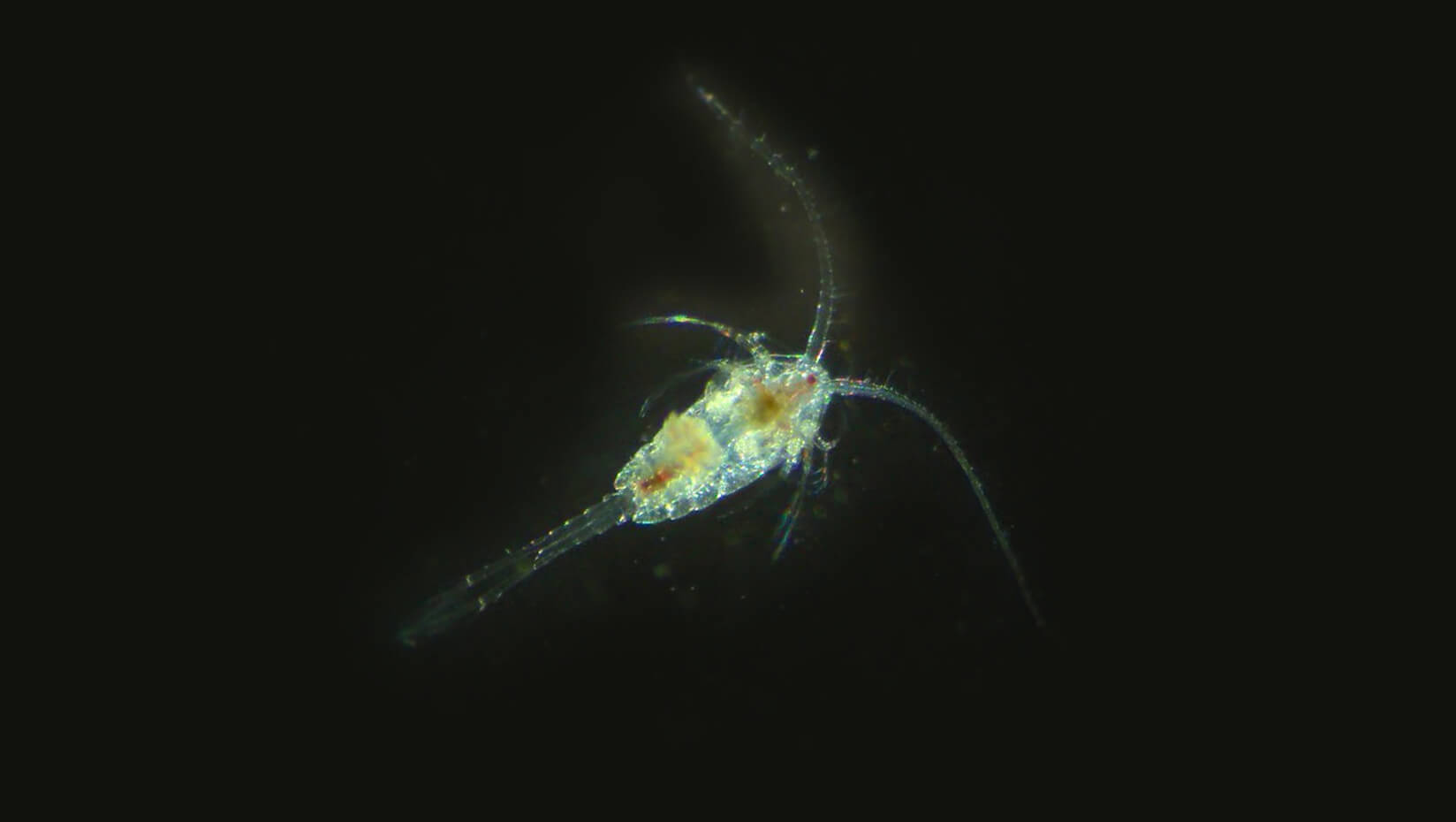WVII covers ocean technology conference
WVII (Channel 7) reported on an ocean technology conference held at the University of Maine. The conference, which was organized by UMaine’s Canadian-American Center and the Maine International Trade Center, brought together researchers, business leaders and policymakers in ocean technology and strategy to promote a network of collaboration. The conference aimed to facilitate the integration […]
Read more
